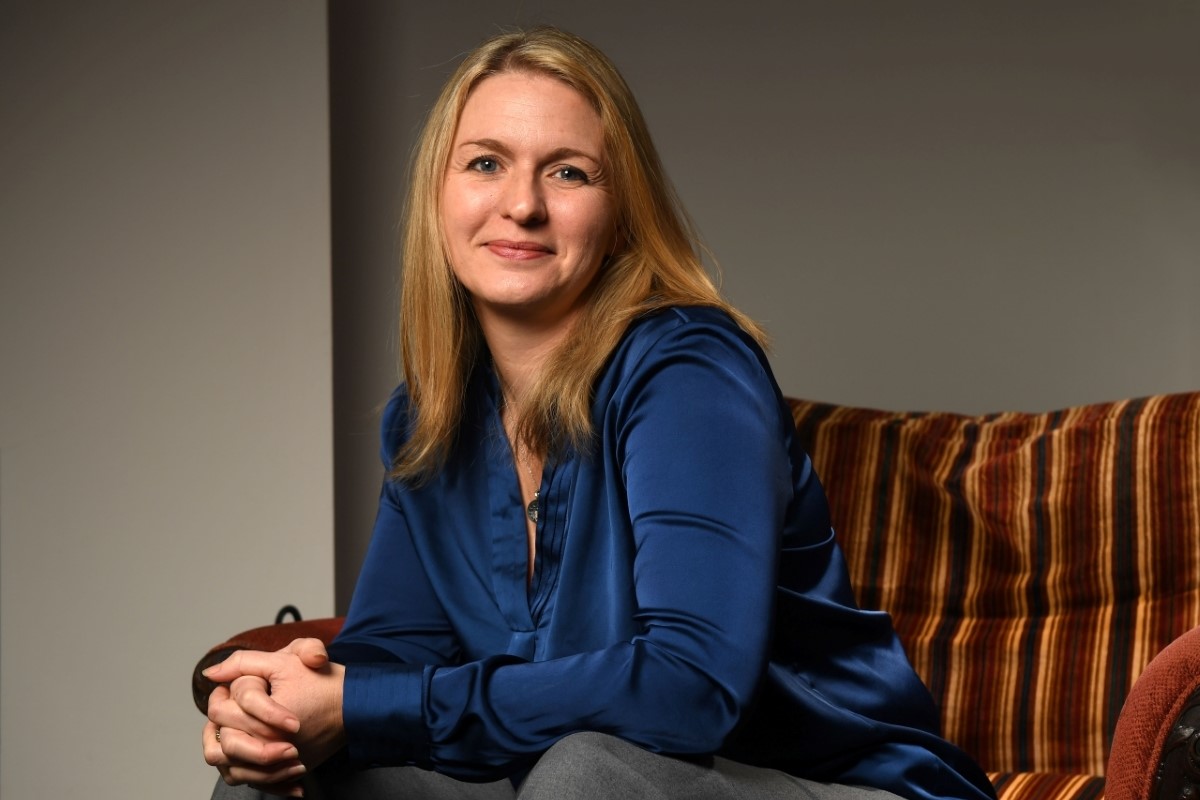Innovative approaches to tackling maths anxiety in children and parents: Insights from teachers

Deep-seated maths anxiety is a major factor behind what the Prime Minister called an “anti-maths mindset”, according to education charity SHINE.
The charity says the issue is multi-generational and is particularly prevalent in lower-income areas.
Rishi Sunak has announced a comprehensive review of the maths curriculum in England, after noting that the prevailing “cultural sense that it’s OK to be bad at maths” is resulting in the UK lagging behind other developed countries in terms of numeracy.
But SHINE says that negativity towards maths is often brought on by anxiety and a lack of confidence in the subject, and it is commonly transferred from parents to their children.
This issue has been identified by several SHINE-backed teachers as a particular problem among children and parents from disadvantaged backgrounds.
SHINE Interim CEO, Helen Rafferty, said:
“What may appear as an ‘anti-maths mindset’ on the surface often obscures a deeper set of anxieties which can appear early in life and often persist well into adulthood.
“At SHINE we support teachers to help tackle maths anxiety by providing the right support to children and families to be able to succeed. Rather than simply prescribing more maths, we help teachers adopt creative approaches to the subject that build confidence and help unlock new access to learning.
“We also support innovative approaches to learning that address barriers to achievement across all core subject areas, knowing that confidence and attainment in one subject cannot be seen in isolation from the child’s overall educational experience.
“We hope very much that the review commissioned by the Prime Minister will address the full range of barriers that children and families face in succeeding in maths, and that this review will focus in particular on the parts of the country where the challenge is greatest.”
SHINE has provided funding for various projects that seek to combat maths anxiety by developing engaging maths-oriented games or organising parental workshops. These initiatives have proven to be highly effective in positively impacting children’s mathematical learning and overall academic performance.
Three teachers have developed innovative approaches to combat maths anxiety in children.
Roy Clutterbuck‘s social enterprise, Lightning Maths, creates engaging games to enhance fluency and problem-solving skills whilst reducing maths anxiety.
According to Roy, “Lightning Maths fosters an environment that encourages discussion and demonstration of mathematical concepts, I have then been able to gather valuable evidence that my game increases confidence in maths and help children overcome their anxiety towards the subject.”
Nicol Winfield organised maths masterclasses for parents at Wyndham Primary School, aiming to improve parental understanding and ability to support their children at home. Nicol attests that “80% of children reported that their increased confidence in mathematics was due to working on maths with their parents at home and they were feeling less anxious.”
Laura Jarvis’s project at East Ward Community Primary School aims to tackle maths anxiety between parents and teachers by introducing maths games and building up parents’ understanding of maths vocabulary. Laura says that her workshops “allow the parents to become more confident with counting and mathematical concepts, especially if they don’t speak English as their first language.”
These innovative approaches by Roy, Nicol, and Laura demonstrate how tackling maths anxiety can lead to better academic outcomes for children.
Read the full article here.











Responses